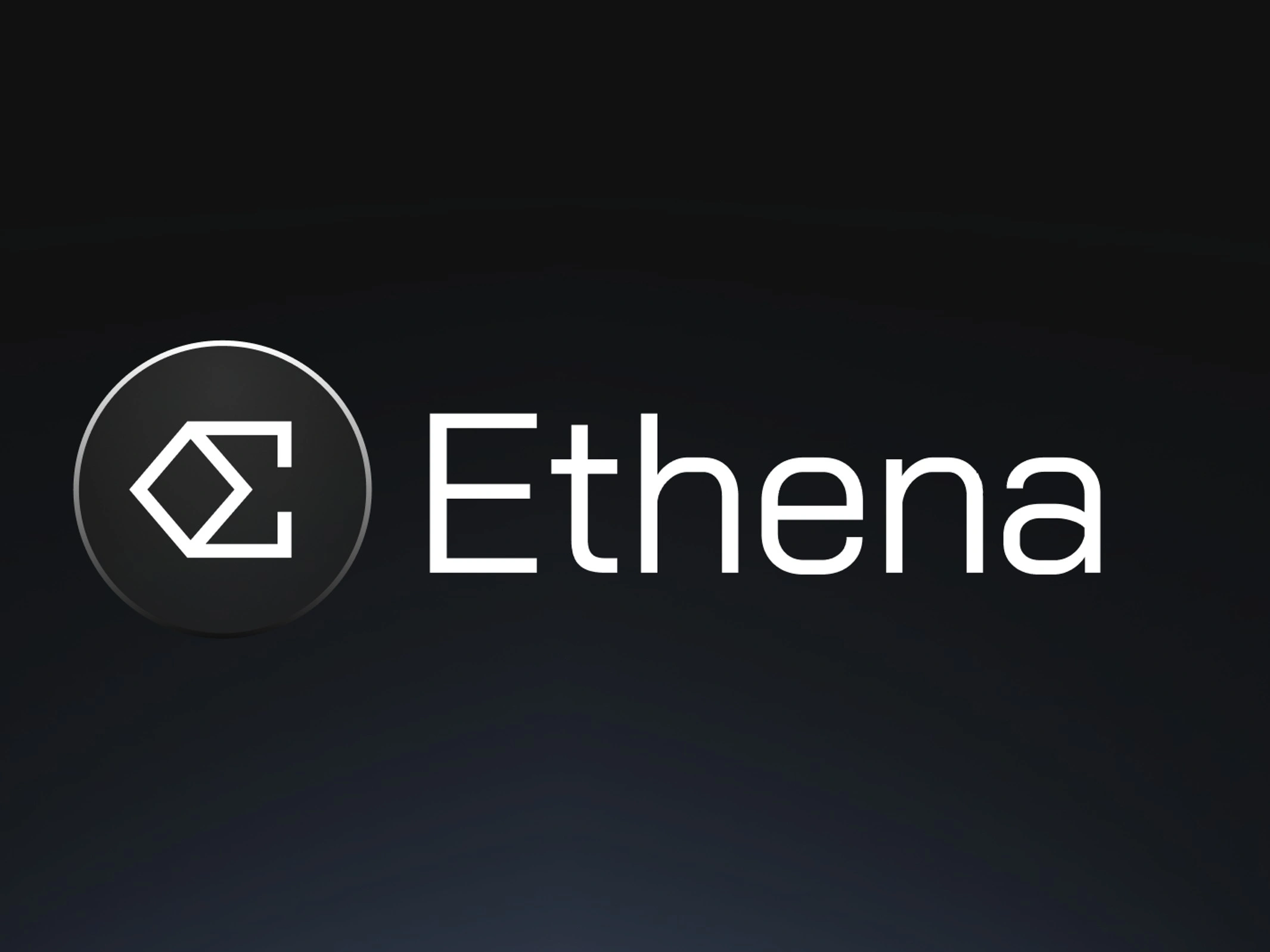Ethena Proposes New DEX to Enhance USDe Growth
30.09.2024 18:30 2 min. read Kosta Gushterov
Ethena Labs, the developer of the USDe synthetic dollar, announced a proposal to launch a decentralized exchange (DEX) called "Ethereal" to support USDe growth.
On September 30, a member of the Ethena community , known as “Fells0x” proposed the creation of Ethereal, with plans to integrate it into Ethena’s reserve management system.
Ethereal V1 will process spot and perpetual futures positions tied to USDe, with the goal of increasing its utility and demand. If the proposal is approved, 15% of future Ethereal management tokens will be made available to the community.
The first version of Ethereal is expected to go live on the test network in the fourth quarter of 2024. DEX will aim to provide the speed and performance of centralized exchanges while ensuring that users retain full control of their assets. The platform is designed to process up to 1 million. transactions per second with latency below 20 ms and will enable decentralized lending and borrowing using USDe.
This initiative comes at a time when USDe is facing increased competition in the stablecoin market, which has affected its supply. Until recently one of the fastest-growing stablecoins, USDe’s market capitalization has fallen by more than $1 billion in the past three months, currently standing at $2.54 billion. Ethena’s management token, ENA, has also seen a significant decline in value. Despite these challenges, USDe has maintained its peg to the dollar, and Ethena Labs will hold a vote on a snapshot of the proposal later today.
-
1
Weekly Recap: Key Shifts and Milestones Across the Crypto Ecosystem
06.07.2025 17:00 4 min. read -
2
Trump Imposes 50% Tariff on Brazil: Political Tensions and Censorship at the Center
10.07.2025 7:00 2 min. read -
3
Key Crypto Events to Watch in the Next Months
20.07.2025 22:00 2 min. read -
4
USA Imposes Tariffs on Multiple Countries: How the Crypto Market Could React
08.07.2025 8:30 2 min. read -
5
UAE Regulators Dismiss Toncoin Residency Rumors
07.07.2025 11:12 2 min. read
Two Upcoming Decisions Could Shake Crypto Markets This Week
The final days of July could bring critical developments that reshape investor sentiment and influence the next leg of the crypto market’s trend.
Winklevoss Slams JPMorgan for Blocking Gemini’s Banking Access
Tyler Winklevoss, co-founder of crypto exchange Gemini, has accused JPMorgan of retaliating against the platform by freezing its effort to restore banking services.
Robert Kiyosaki Warns: ETFs Aren’t The Real Thing
Renowned author and financial educator Robert Kiyosaki has issued a word of caution to everyday investors relying too heavily on exchange-traded funds (ETFs).
Bitwise CIO: The Four-Year Crypto Cycle is Breaking Down
The classic four-year crypto market cycle—long driven by Bitcoin halvings and boom-bust investor behavior—is losing relevance, according to Bitwise CIO Matt Hougan.
-
1
Weekly Recap: Key Shifts and Milestones Across the Crypto Ecosystem
06.07.2025 17:00 4 min. read -
2
Trump Imposes 50% Tariff on Brazil: Political Tensions and Censorship at the Center
10.07.2025 7:00 2 min. read -
3
Key Crypto Events to Watch in the Next Months
20.07.2025 22:00 2 min. read -
4
USA Imposes Tariffs on Multiple Countries: How the Crypto Market Could React
08.07.2025 8:30 2 min. read -
5
UAE Regulators Dismiss Toncoin Residency Rumors
07.07.2025 11:12 2 min. read


